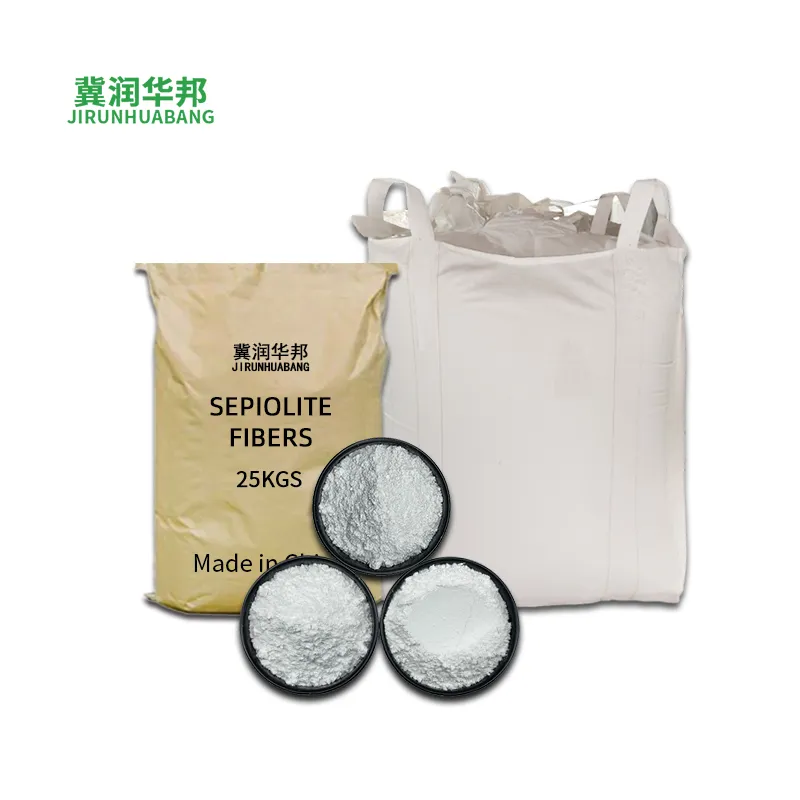Applications of Talc Powder
Back to list
Talc powder, a naturally occurring mineral composed primarily of magnesium silicate, has found widespread use across various industries due to its unique physical and chemical properties. From cosmetics to ceramics, paints to plastics, talc powder's versatility makes it an indispensable raw material in numerous applications.
In the cosmetics industry, talc powder is a staple ingredient in various formulations. Its soft, smooth texture and moisture-absorbing properties make it ideal for use in talcum powder, face powders, and blush. Talc powder helps to create a matte finish, reduce shine, and keep the skin dry and comfortable.
The ceramics industry also benefits greatly from talc powder. Its high refractoriness and resistance to thermal shock make it an excellent raw material for the production of ceramic tiles, porcelain, and other ceramic products. Talc powder helps to improve the durability and strength of ceramic items, making them more resilient to wear and tear.
In the paints and plastics industries, talc powder serves as a cost-effective filler and extender. It enhances the stiffness, dimensional stability, and wear resistance of paints and plastics without compromising their appearance or performance. Talc powder also improves the processing characteristics of plastics, making them easier to mold and extrude.
Additionally, talc powder finds application in the rubber, paper, and pharmaceutical industries. In rubber, it acts as a reinforcing agent, improving tensile strength and tear resistance. In paper production, it enhances opacity and brightness. And in pharmaceuticals, talc powder is used as a bulking agent and lubricant in tablet formulations.
In conclusion, talc powder's diverse applications across various industries underscore its importance as a versatile and valuable raw material. Its unique properties make it an indispensable component in a wide range of products, from cosmetics to ceramics, paints to plastics, and beyond.

